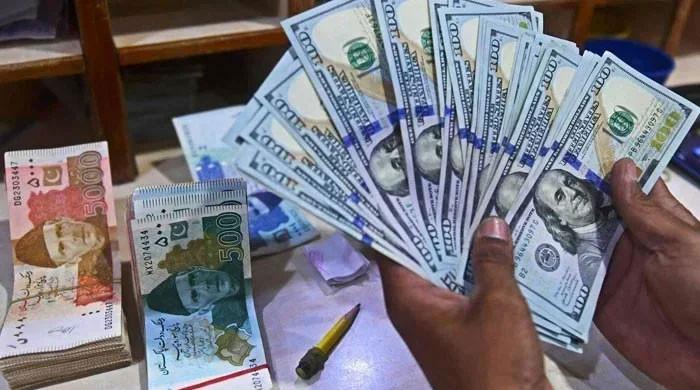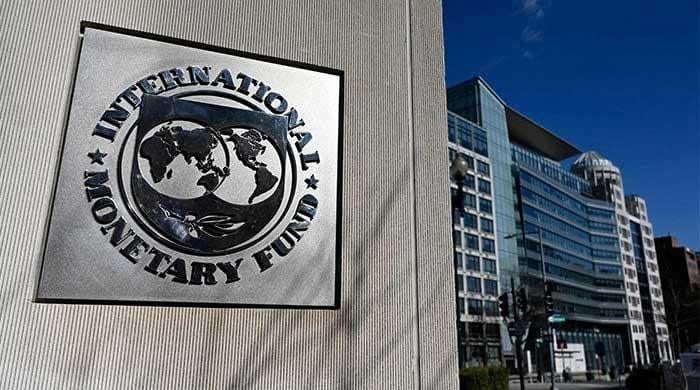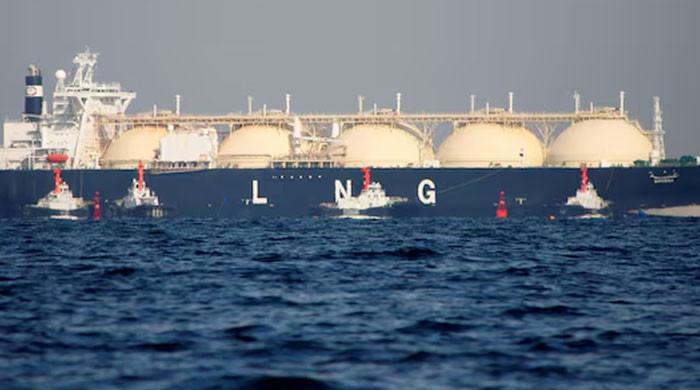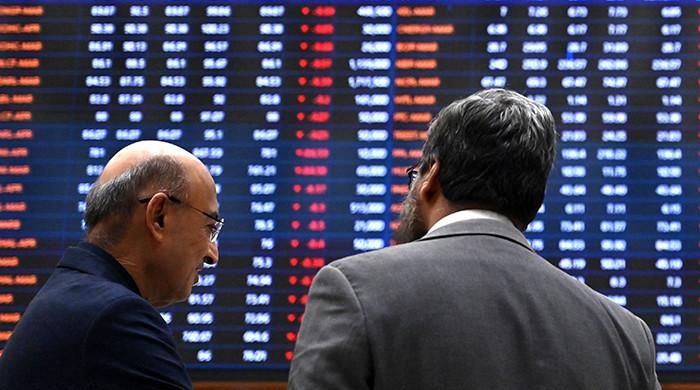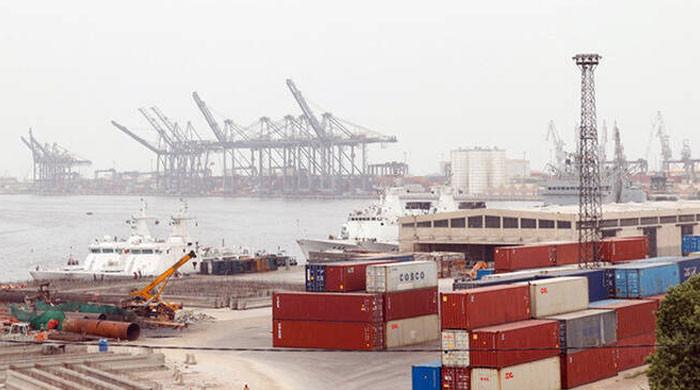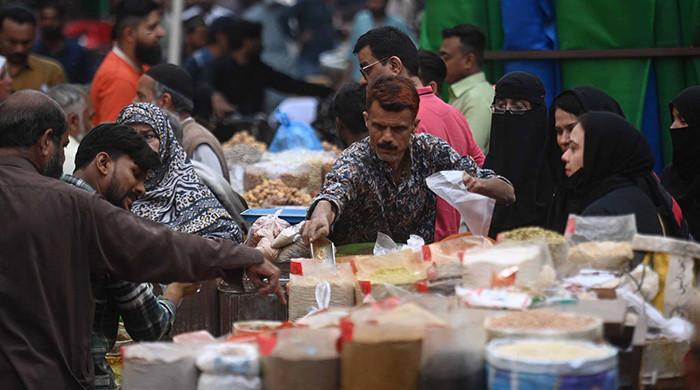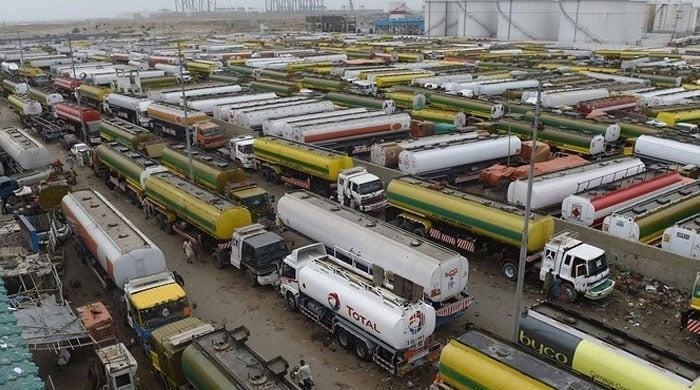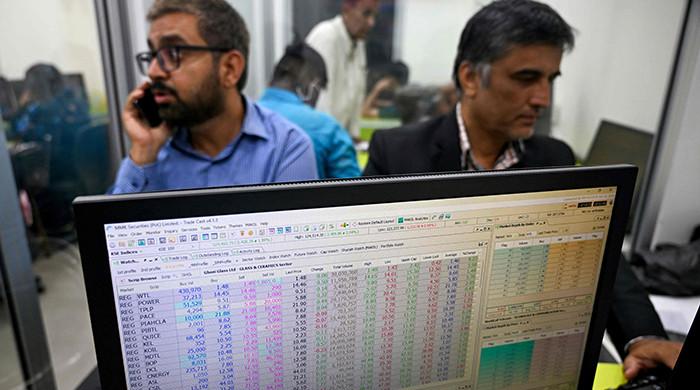Govt sets sugar's ex-mill price at Rs165 per kg
Retail sugar prices continue to rise, touching Rs200 per kg nationwide
July 14, 2025
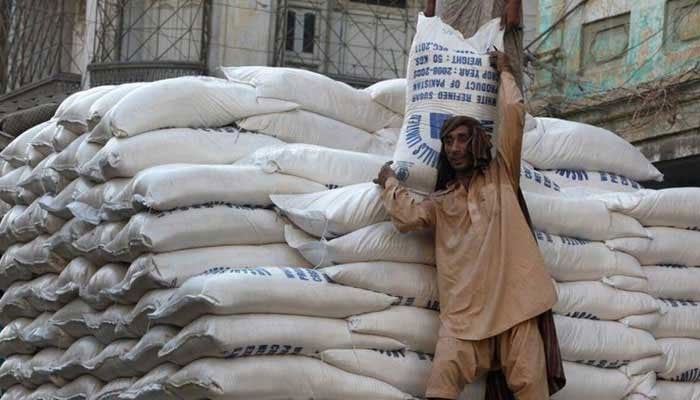
- Provinces told to ensure cheap sugar availability.
- Cabinet approves import of 500,000 tonnes.
- PSMA, Fawad Hassan oppose import decision.
The federal government and the sugar industry have reached an agreement, setting the ex-mill price of sugar at Rs165 per kilogramme, it emerged on Monday.
The decision comes amid surging retail prices, which have climbed to as high as Rs200 per kg in several parts of the country, including Karachi and Peshawar.
According to the Ministry of National Food Security, provincial governments have been directed to ensure the availability of sugar to consumers at the newly agreed price.
"Provinces must take action to ensure that the public gets access to affordable sugar," the ministry had said in a statement earlier this month.
Despite this agreement, sugar prices in open markets continue to rise. In retail shops across the country, sugar is being sold at prices far exceeding the new ex-mill rate, reflecting ongoing volatility and short-term supply pressures.
To address the situation, the federal cabinet earlier approved the import of 500,000 tonnes of sugar through the public sector. The Ministry of National Food Security confirmed that implementation of the plan is already underway.
The ministry stated that the move is part of a more effective and transparent strategy aimed at correcting the market, contrasting it with previous years’ policies that allegedly enabled artificial shortages for subsidy gains.
“This import is a genuine corrective step rather than a politically driven measure,” the ministry said. It acknowledged that the earlier decision to allow sugar exports was made when domestic reserves were abundant, but that circumstances have now changed due to rising prices.
Criticism has come from multiple quarters. The Pakistan Sugar Mills Association (PSMA) has pushed back against the government’s import decision, claiming that existing stocks are sufficient to meet national demand until at least November.
Fawad Hassan Fawad, a senior PML-N leader and close aide to Nawaz Sharif, also voiced scepticism. He questioned the timing of the import and asked who stood to benefit from the move, indirectly criticising the government's economic managers for policy inconsistencies.




